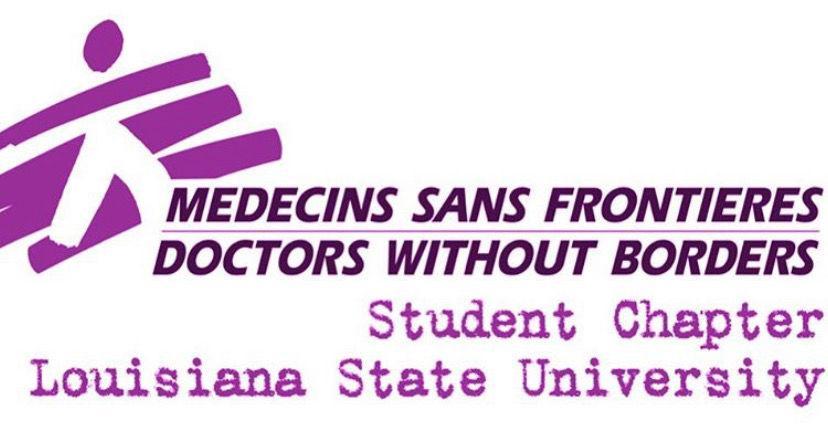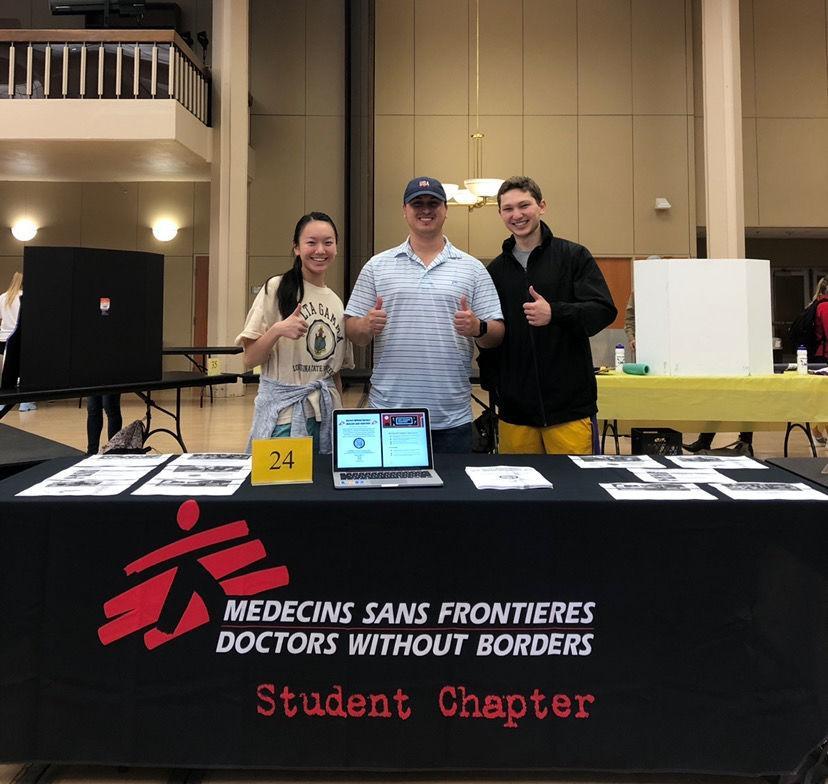Doctors Without Borders is a well-known international humanitarian organization designed to assist with emergency relief efforts. Now, University students can contribute to this organization by joining the University’s new student chapter.
Kinesiology senior Brandon Chenevert is the president of the University’s Doctors Without Borders chapter. He and some of his friends decided they wanted to start a University chapter to add something to their medical school resumes while also helping those in need.
While international Doctors Without Borders groups often travel to other countries, student organizations operate on a much smaller scale. Students are still able to help the international organization’s efforts by hosting fundraisers and doing community service.
“As a student chapter, we are raising money and awareness for the international group and providing help to the community,” Chenevert said.
The original Doctors Without Borders was founded on Dec. 22, 1971 in Paris, France, according to the international Doctors Without Borders’ website. Since its establishment, Doctors Without Borders has expanded to multiple countries and helped millions of people. Currently, they are operating medical projects in 70 countries.
Doctors Without Borders “provides assistance to populations in distress, to victims of natural or man-made disasters, and to victims of armed conflict. They do so irrespective of gender, race, religion, creed, or political convictions,” according to their website.
Chenevert said the club is a great way for students to build their resume for medical school or learn more about helping those who need emergency aid. Club members must have a 2.5 GPA, attend half the meetings, participate in one event and earn six community service hours.
“The biggest thing we wanted to make sure of was that this club wasn’t another added stress,” Chenevert said. “It’s not too much involvement required. It is just as much as you want.”
The group has held various give-back nights at restaurants, where Doctors Without Borders was given back 15% of the proceeds from the event. Now, members are working on organizing their own separate fundraisers.
Additionally, the group is working on scheduling guest speakers, coordinating a relief trip next year and getting opportunities to shadow health care professionals.
Chenevert said he is excited for the club’s potential to grow.
“You can join it if you want to be just a resume builder, like a lot of people would, or you can get really involved in it,” Chenevert said. “You can help another person’s life, raise a lot of money and really support a good cause.”






